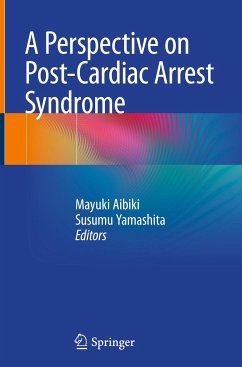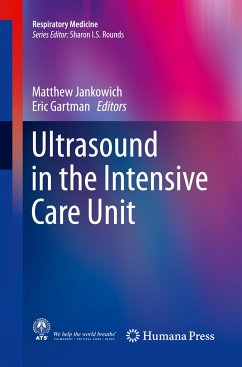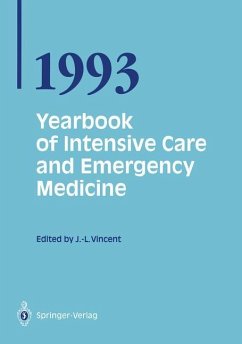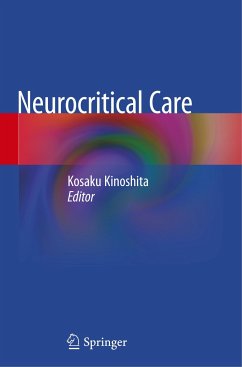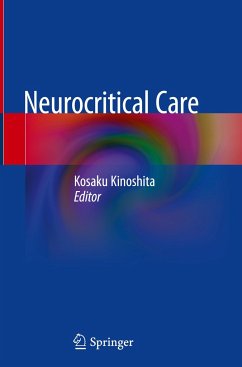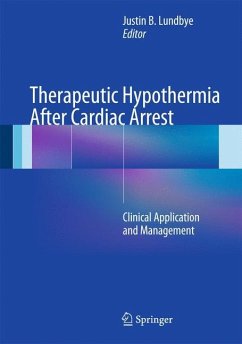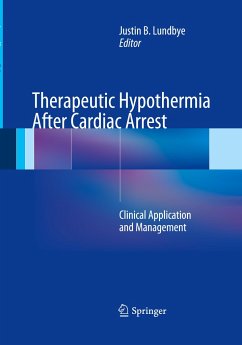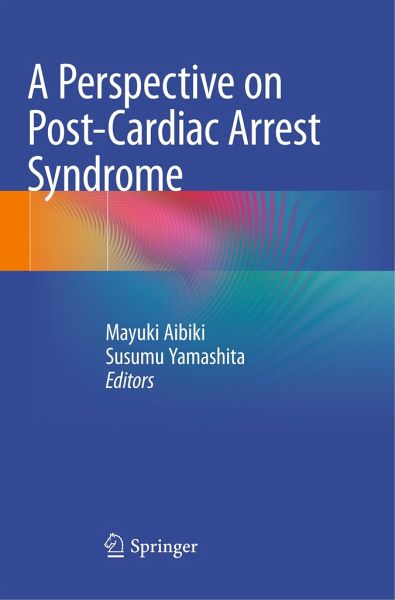
A Perspective on Post-Cardiac Arrest Syndrome
Versandkostenfrei!
Versandfertig in 6-10 Tagen
98,99 €
inkl. MwSt.

PAYBACK Punkte
49 °P sammeln!
This book presents a valuable new perspective on Post-Cardiac Arrest Syndrome (PCAS), which was defined as system failure following whole-body ischemia-reperfusion injuries by the 2008 International Liaison Committee on Resuscitation. Recently, improving the survival rate of PCAS has become a major priority all over the world.A Perspective on Post-Cardiac Arrest Syndrome addresses various aspects, including: neurological outcomes in non-convulsive status epilepticus, target temperature management, interventions for PCAS after acute coronary syndrome, the significance of measuring lactate clear...
This book presents a valuable new perspective on Post-Cardiac Arrest Syndrome (PCAS), which was defined as system failure following whole-body ischemia-reperfusion injuries by the 2008 International Liaison Committee on Resuscitation. Recently, improving the survival rate of PCAS has become a major priority all over the world.
A Perspective on Post-Cardiac Arrest Syndrome addresses various aspects, including: neurological outcomes in non-convulsive status epilepticus, target temperature management, interventions for PCAS after acute coronary syndrome, the significance of measuring lactate clearance, a specific scoring system in prognostication for PCAS, therapeutic indications for suicide hanging cases.
This book will help a broad readership, including emergency physicians, intensivists, cardiologists and neurologists treating PCAS patients, to understand the history, current issues and future challenges in PCAS, presented by respected experts in this field.
A Perspective on Post-Cardiac Arrest Syndrome addresses various aspects, including: neurological outcomes in non-convulsive status epilepticus, target temperature management, interventions for PCAS after acute coronary syndrome, the significance of measuring lactate clearance, a specific scoring system in prognostication for PCAS, therapeutic indications for suicide hanging cases.
This book will help a broad readership, including emergency physicians, intensivists, cardiologists and neurologists treating PCAS patients, to understand the history, current issues and future challenges in PCAS, presented by respected experts in this field.



